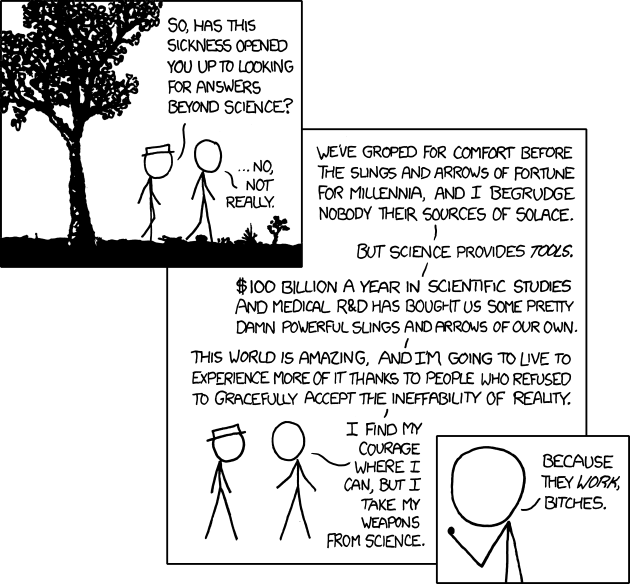Happy Easter, to those of you inclined that way.
More egg science.
And as if that weren’t enough, it’s time to play first lines! These are the first lines from everything in progress.
All the Leaves on Mars: “Whisper-thin sheets of stainless steel piled to the ceiling, compulsively stacked, impeccably organized.”
Gray Lady: “The sky was gray, as smooth as if it had been airbrushed, the same shade as the dishes she stacked in the matching cupboard.”
Oyster: “I’m going to find a blue one.”
Stars Move Like Clockwork Across the Sky: “I spring up, spinning to orient myself. Gravity, atmosphere, and that most significant detail: a quarter-moon floating enormous in the night sky.”
A Very Werewolf Christmas (Working title ONLY): “Snow swirled glittering in the streetlights, stinging my cheeks.”
If nothing else, doing this prompts me to polish my titles. It also reminds me that I like these ideas, and want to finish them.
Reading over these also shows me that my sentence-craft has improved in the past year. That’s encouraging.
Or rather, I knew it had, but I can see that in practice.

